Tequila’s popularity as a premium spirit keeps growing worldwide, but what are the characteristics of a truly premium tequila? The answer depends on many aspects that you will find in this article.
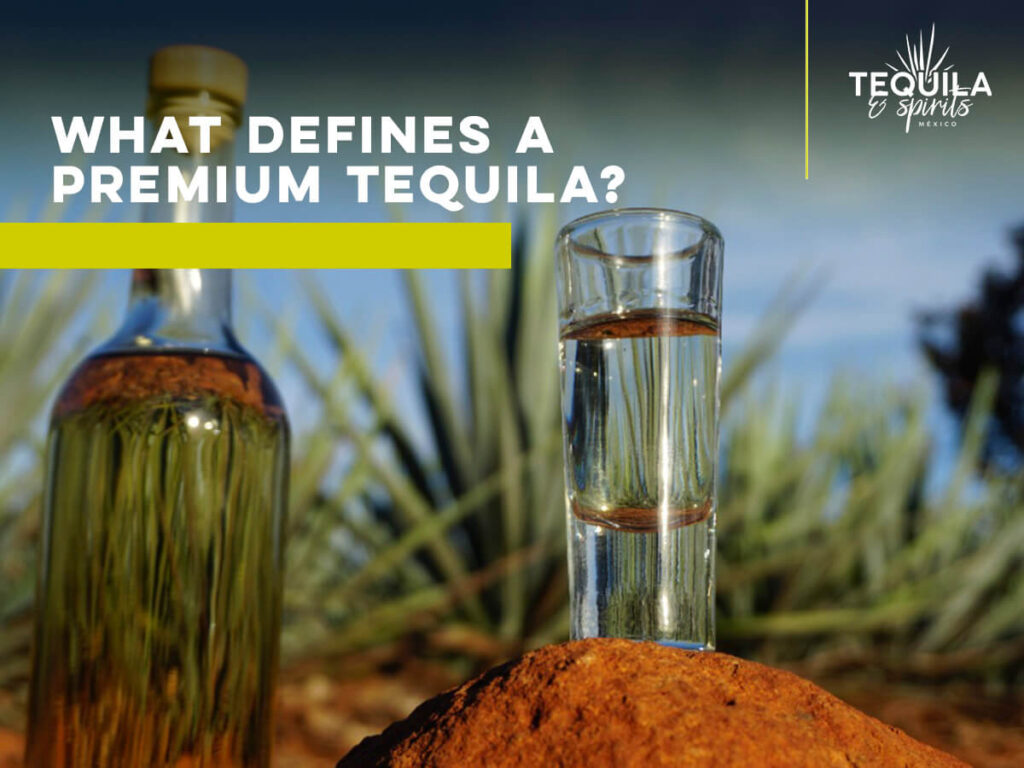
Defining tequila
Tequila is a spirit with a very specific making process. There are well-established rules that jealously protect this traditional Mexican drink, regulated by a strict Mexican Regulatory Council (CRT).
Let’s start with an overview of the general characteristics that define a distillate as tequila.
First, the Denomination of Origin of Tequila (DOT) was established in 1974 in Mexican law. The DOT states that Tequila can only be produced in the Jalisco region and limited towns of Michoacán, Guanajuato, Tamaulipas, and Nayarit.
From over 200 agave species existing, only the Agave Tequilana Weber (Agave Azul) can be used to make tequila.
At least 51% must come from agave sugar only. The other 49% can be made from any other kind of sugars.
These aspects are the basis for tequila making. Many more guidelines are clearly stated in the OFFICIAL MEXICAN STANDARD OF TEQUILA, such as physical-chemical specifications, production methods, packaging conditions, etc. These include technicalities that are difficult to understand.
Even so, there are some variants permitted through its production process that make each brand unlike any other. These differences include contrasting levels of quality, and that’s our concern when going to the liquor store to choose the best product.
Characteristics of a premium tequila
With premiumization new strategies came, more focused on status and lifestyle than the tequila itself. A wave of celebrities launched their own brands, tequilas in ultra-luxury bottles with expensive marketing campaigns.
However, the best-branded and overpriced tequilas are not always the best quality ones. In fact, it usually happens the other way around.
Finding a genuine premium tequila has little to do with a high price. It’s actually a matter of the processes used during its production. In summary, a premium tequila must:
- Be 100% agave
- Come from agaves with an optimal maturity
- Use a natural process for cooking and extracting
- Have a slow spontaneous fermentation
- Use traditional distillation
- Have a complex aging process (if it’s the case)
- Be additive free
Tips to find a premium tequila.
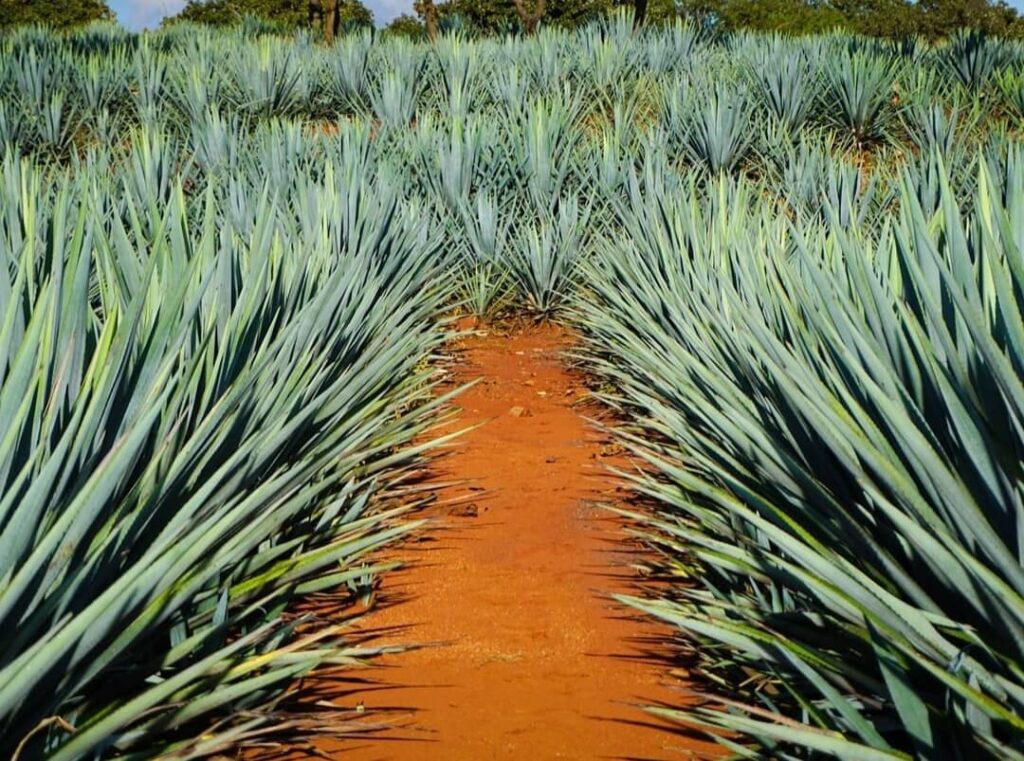
Tequila 100% agave
Tequila is classified in one of two categories: “Tequila” (also known as Mixto) and “100% agave”. There is a significant distinction between them.
A “100% agave” is made from Agave Tequilana Weber sugars only, grown in the DOT territory. You can be sure that the alcohol hasn’t come from anywhere else.
When it comes to the “tequila” category, it’s mandatory to use at least 51% agave sugars, while the other 49% can be other fermented sugars.
Agave optimal maturity
At least 6 years of growth allows the piña to get close to 30 BRIX, the sugar level needed to produce a rich tequila. Some maestros tequileros work with piñas of 7+ years, which are more expensive but have a better flavor.
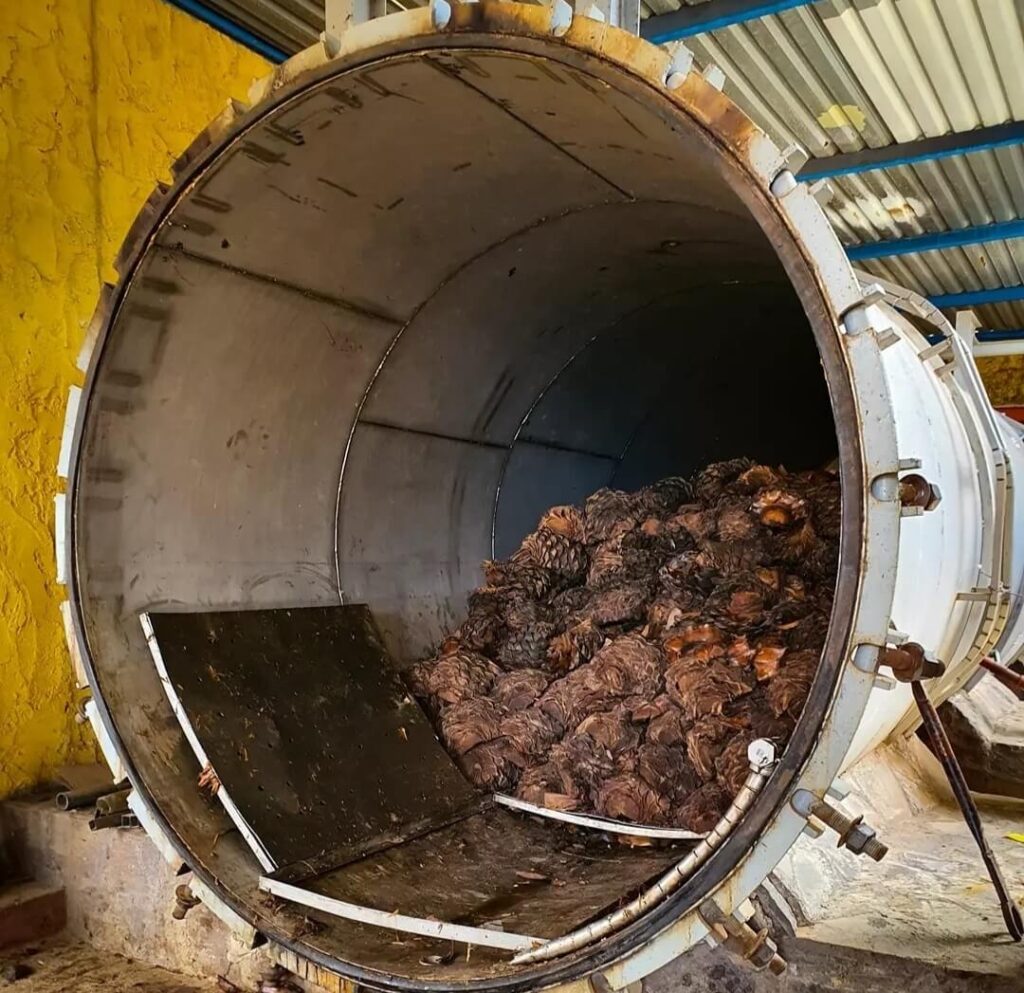
Natural cooking process
The more natural and slow the cooking is, the more authentic the premium tequila obtained.
Previously, earthen pits or brick ovens were very common. But these processes take a long time (up to 72 hours), so they are no longer efficient. Most producers are not using them anymore.
Today, a widely used technique is the autoclave. Agave is cooked naturally by using steam and high pressure. It’s much faster (taking only 7-12 hours) and allows production in larger batches.
Either earthen pits, brick ovens, or autoclave are accepted as natural ways for premium tequila production. But stay away from diffuser cooking tequilas! Continue reading to know more.
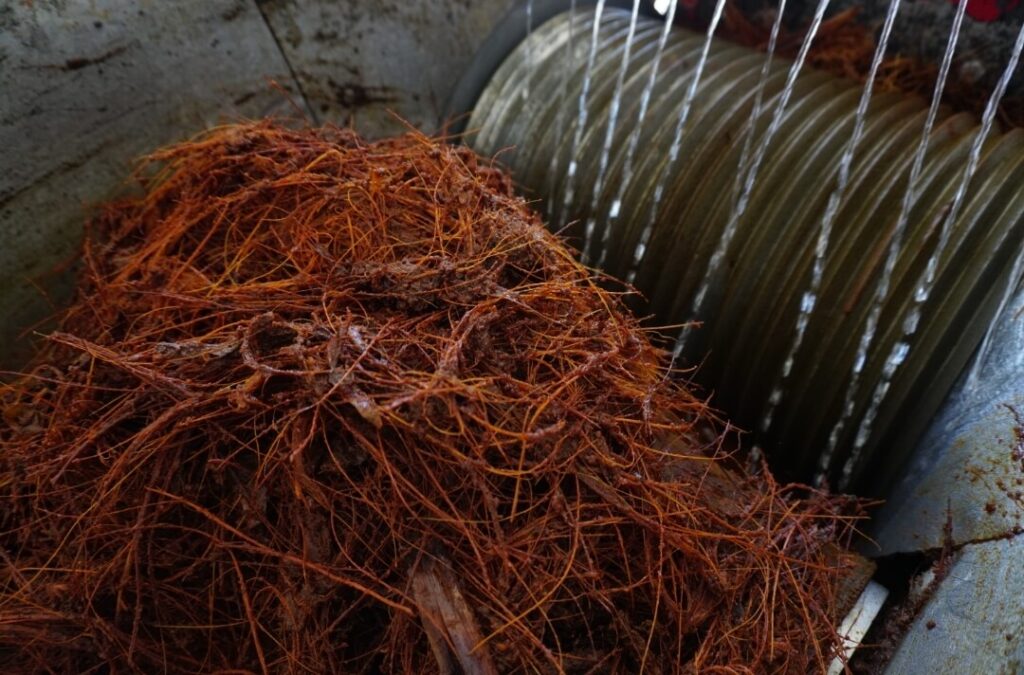
Agave juice extraction
Once the agave is baked, it’s time to extract the sugars. Hand-crushing, tahona, or screw mill are the most traditional techniques, very appreciated but little used today.
Premium distilleries are turning to roller millers. Besides being faster, some maestros tequileros argue that it is an even better technique that provides richer tequilas, since it breaks fibers that previous methods could not.
The more traditional, the better. The diffuser extraction method is something you should avoid.
Longer fermentation time
Premium distilleries still use spontaneous fermentation with no pre-cultivated yeast added. Slow fermentation of around 48 hours produces a full-bodied tequila flavor. A shorter fermentation time results in a plain profile.
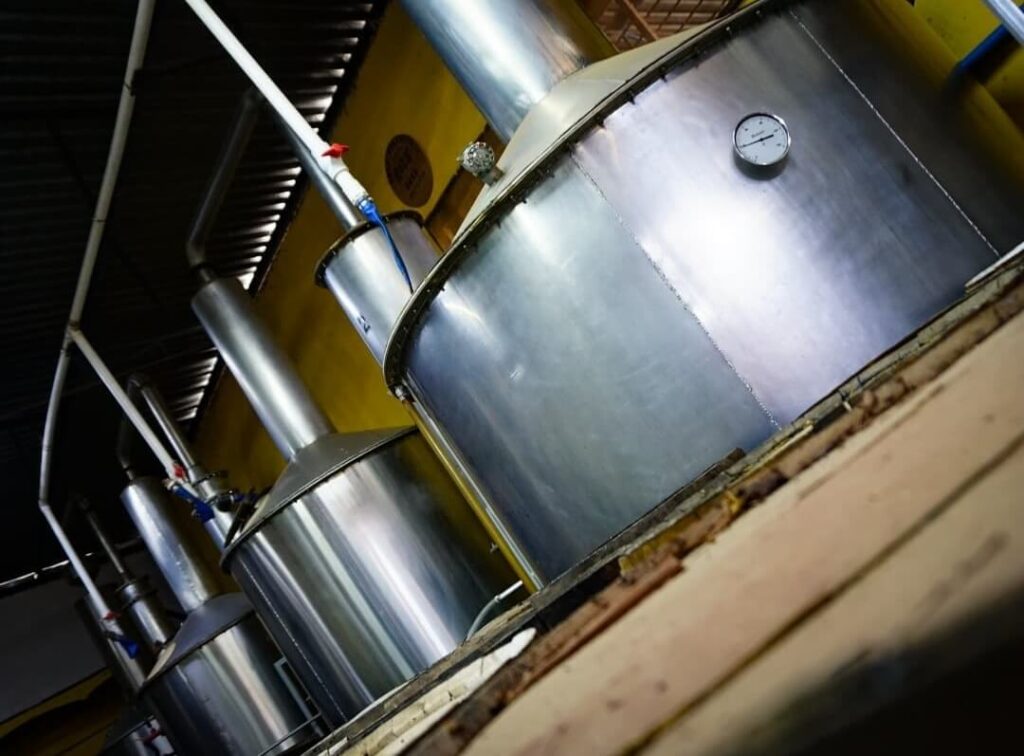
Distillation
Some expert drinkers prefer tequilas distilled in copper pots. Copper prevents sulfur from entering the final product. Stainless steel stills are also well accepted in the premium tequila market, but modern distillation columns for mass-production scores down the product.
During distillation, the maestro tequilero removes the heads and tails, superior and inferior alcohols that have a nice flavor, but are toxic components responsible for terrible hangovers.
By removing as many heads and tails as the maestro considers, he adds his signature to the final liquid. A well-done distillation means a good balance between flavor and less harmful tequila.
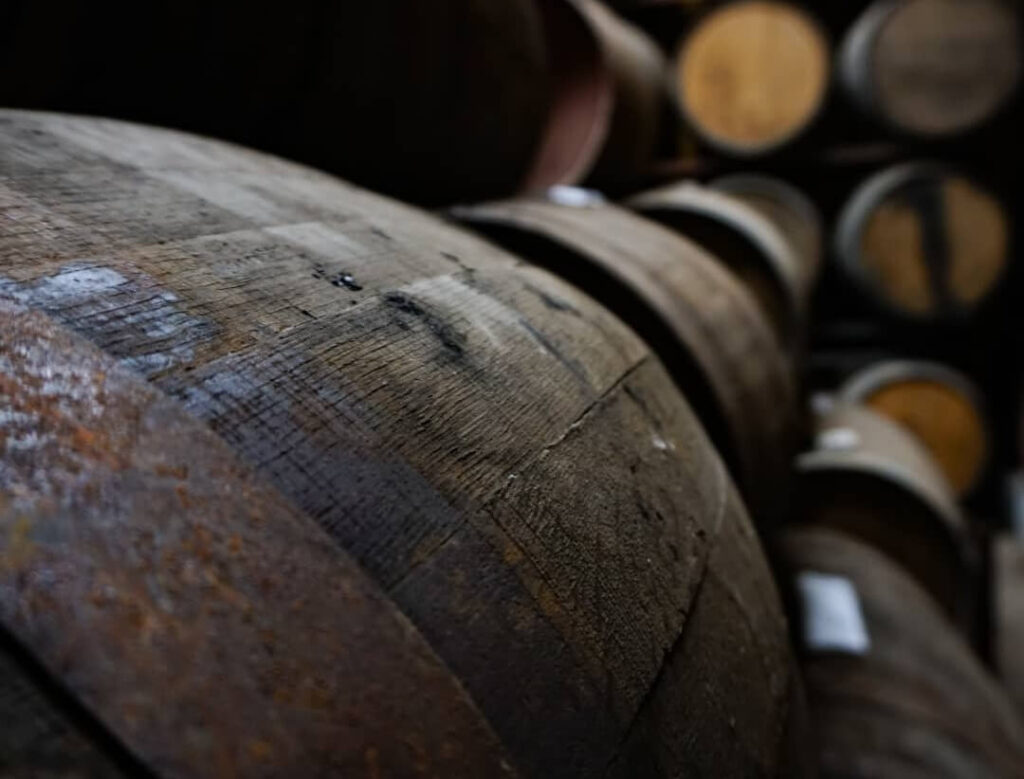
Aging complexity
When it comes to aged premium tequilas, distilleries are constantly looking for more complexity. Barrels previously used for sherry, cognac, scotch whiskey, brandy, etc., are used depending on the maestro‘s palate.
This doesn’t mean tequila rested in plain barrels has lower quality, but the uniqueness added in the aging process distinguishes a premium tequila from others.
Additive free
CRT allows additives for under 1% of the total liquid. The most common in tequila are glycerin, oak extract, caramel color, and sugar syrup.
At the end, an additive is an external ingredient that modifies the authenticity of the tequila. A tequila with additives will barely be considered a premium product.
What is NOT a premium tequila
Now that we’ve reviewed what makes a premium tequila, it’s worth comparing the processes normally used to produce the value tequila category.
The “tequila” classification means that the product is composed of 51% agave and 49% of any other cheap alcohol, like cane sugar or potatoes.
Some commercial brands harvest the agave when it’s only 3 or 4 years old, sacrificing the quality flavor for a fast production.
Cooking and extraction are made in a diffuser without heat using acid and enzymes to accelerate the process.
For distillation, a column (also called distillation tower) is used by many tequila mass-producers. It’s cheaper and faster.
For low-quality tequila, companies keep as many heads and tails as possible (superior and inferior alcohols). Since they are the more toxic components, the result is a terrible hangover.
After using one or more of these processes to make tequila, it’s not a big deal for value tequila makers to add additives. These provide the drink with extra flavors, hiding the poor and plain original profile.
When we say that the best-branded tequilas are not always the best quality ones, it’s because in the need to meet a huge demand, they opt to use these shortcuts to speed up production. Of course, there are exceptions of some very popular tequilas that remain a premium product.
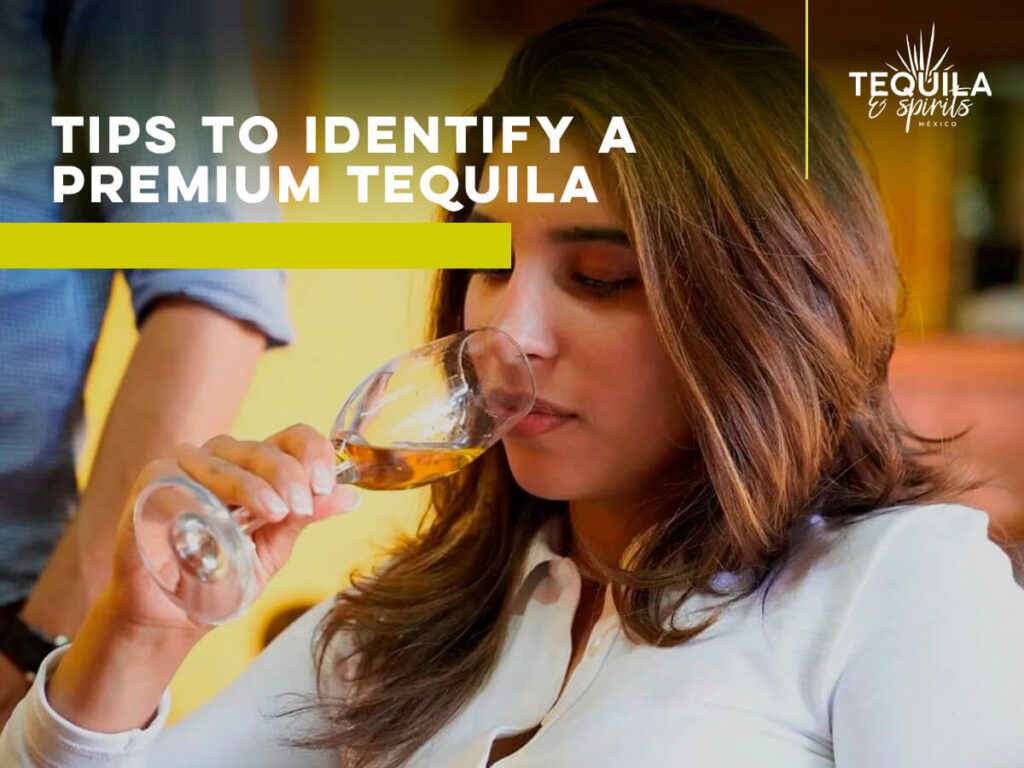
How can I find a premium tequila?
At this point, this seems like a lot of information. Some of this data about how a tequila is made is not easy to find, because low-quality products will try to hide their processes.
Fortunately, the premium tequila culture is growing. A new consumer with an educated palate is not looking for branding, but for quality in a drink to enjoy sip by sip.
With this trend, tequila distilleries that use traditional methods to produce small-batches are gaining position. They openly express their quality processes in the bottle, websites, publicity, etc.
Tips to easily find a premium tequila
1. Regardless of its quality, all authenticated tequilas carry on the bottle a NOM number and a CRT seal. Both certify that the product is approved by the Mexican Tequila Regulatory Council.
2. This might be confusing for a novice tequila taster. But yes, drinking something called just tequila means that you have a low-quality product with 49% of cheap alcohol. Go for the 100% agave on the label. You can also find: 100% agave azul, 100% blue agave, 100% puro agave…
3. It must have a minimum of 35% ABV. A lower alcohol volume stands for a different product such as agave liquor.
4. Look for the product at tequilamatchmaker.com, the widest tequila database. You’ll find information about almost every brand existing and their production process. They also run an additive-free tequila verification program.
5. The NOM number on the bottle helps to identify the distillery. Do research on the internet and visit their website. If it’s a real premium tequila, they will communicate it in big letters.
6. Try different tequilas! In the end, it’s up to you to decide which tequila is the best for your taste.
Premium tequilas have a complex flavor profile that you can enjoy in every sip. Notice the after-taste; it shouldn’t be just an alcohol flavor, but a rich variety of flavors and aromas that remain pleasantly on your palate.
At Tequila & Spirits Mexico, we develop, produce, and export premium tequila private brands, 100% customized. Our commitment is to keep the tradition of making authentic tequila and guarantee the highest quality standards.
Read more about our Private Brand Program.
J. Romo